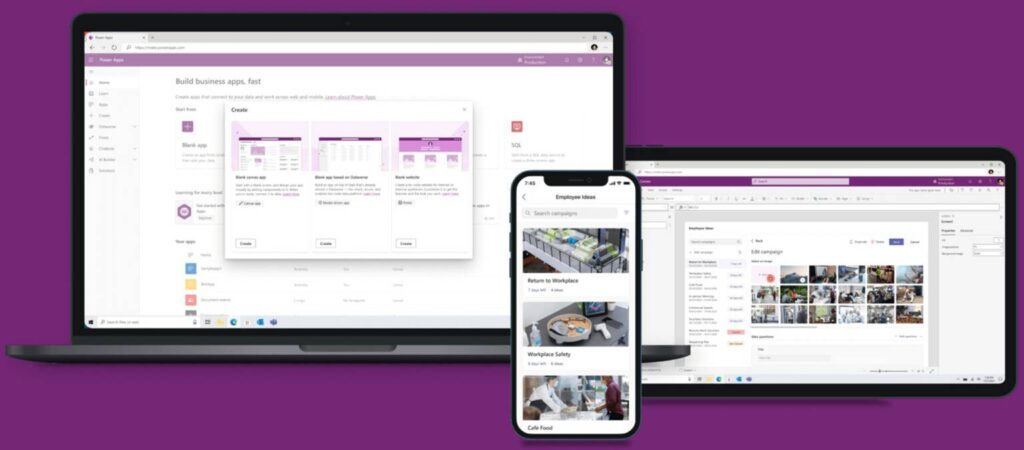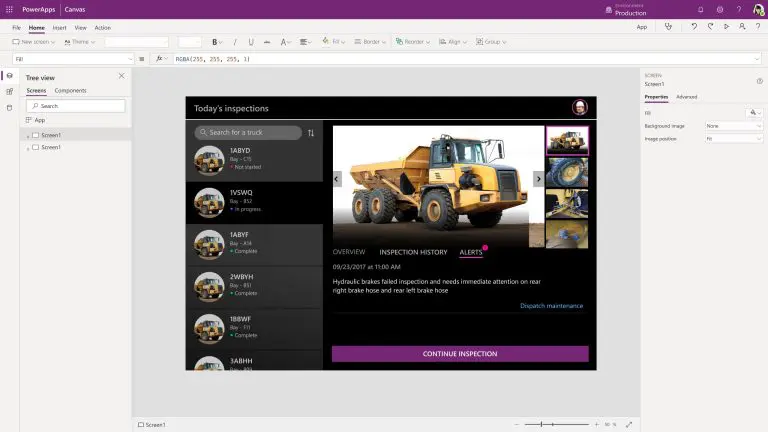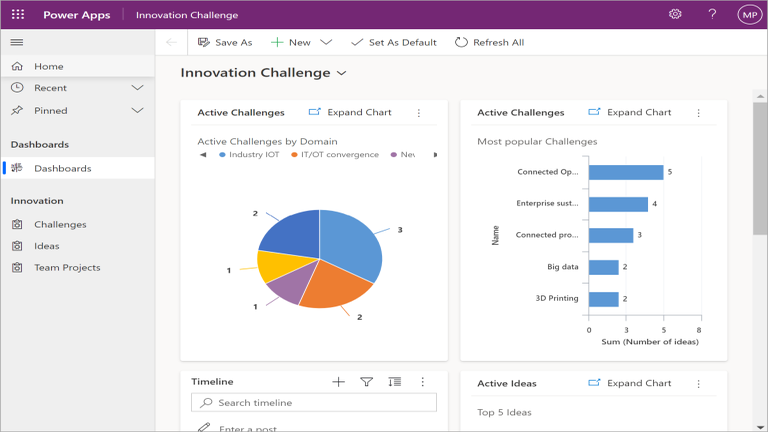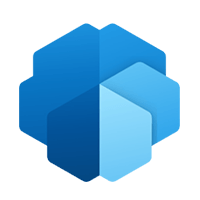Unlocking Business Potential with Microsoft Power Apps: A Comprehensive Guide
In today’s dynamic business landscape, agility, efficiency, and innovation are the cornerstones of success. Microsoft, a global technology leader, has recognized this need and introduced the Power Platform, a suite of tools that empowers organizations to transform data into actionable insights and drive business processes seamlessly. One of the jewels in this crown is Microsoft Power Apps, a versatile solution that offers two distinct approaches: Canvas Apps and Model-Driven Apps.
The Power Platform - A Brief Overview
Microsoft’s Power Platform is a robust set of tools comprising Power Apps, Power BI, Power Automate (formerly Flow), and Power Virtual Agents. Together, these components provide organizations with the capabilities to create customized solutions, automate workflows, analyze data, and build chatbots with minimal coding. In this article, we’ll delve deeper into Microsoft Power Apps, which is a pivotal component of the Power Platform.

Microsoft Power Apps: Transforming Ideas into Reality
Microsoft Power Apps is a low-code application development platform designed to enable users, both technical and non-technical, to create tailored apps for their specific business needs. It streamlines the app development process, allowing users to design, build, and publish apps quickly and efficiently.

Canvas Apps
Canvas Apps in Microsoft Power Apps provide a blank canvas where users can design apps from scratch, giving them the freedom to define the user interface and functionality down to the pixel. Here are some key features of Canvas Apps
Drag-and-Drop Interface
Canvas Apps offer an intuitive drag-and-drop interface for designing app screens. Users can add various controls such as text, buttons, forms, and charts effortlessly.
Flexible Data Integration
You can connect Canvas Apps to a wide range of data sources, including Microsoft 365, SharePoint, SQL Server, and more. This flexibility ensures that your app can access and manipulate data from various systems.
Custom Logic
Users can implement custom logic using Power Apps formulas and functions. This allows for dynamic interactions and complex business logic within the app. Canvas Apps are ideal for scenarios where a high degree of customization and flexibility is required

Model-Driven Apps
On the other hand, Model-Driven Apps are centered around a data model, providing a structured framework for building apps. Key highlights of Model-Driven Apps include
Data-First Approach
These apps are driven by a data schema, typically created using the Common Data Service (CDS). This makes them an excellent choice for businesses with structured data requirements.
Responsive Design
Model-Driven Apps automatically adapt to different screen sizes and devices, ensuring a consistent user experience.
Role-Based Access Control
They come equipped with robust role-based security settings, allowing organizations to control who can access and modify data within the app.Model-Driven Apps are well-suited for businesses that require standardized, data-centric applications.
Why Choose Microsoft Power Apps?
Low-Code Development
Microsoft Power Apps empowers users to create powerful applications with minimal coding. This democratizes app development, enabling business users to actively participate in the process.
01Seamless Integration
Power Apps seamlessly integrates with other Power Platform components like Power BI, Power Automate, and Power Virtual Agents, creating a comprehensive solution for business needs.
02Rapid Deployment
The platform's visual development environment and extensive library of pre-built templates and components accelerate app development and deployment.
03Scalability
Whether you need a simple app or a complex enterprise-level solution, Microsoft Power Apps can scale with your business requirements.
04In Conclusion
Microsoft Power Apps, a vital component of the Power Platform, empowers organizations to innovate, automate, and transform their business processes. With the flexibility of Canvas Apps and the structure of Model-Driven Apps, it offers a comprehensive solution for diverse business needs. By leveraging the capabilities of Microsoft Power Apps, businesses can stay ahead of the curve, responding swiftly to evolving market demands and driving success in the digital era. Embrace the power of Microsoft Power Apps and experience a new level of efficiency and agility in your organization.
Our Certifications








